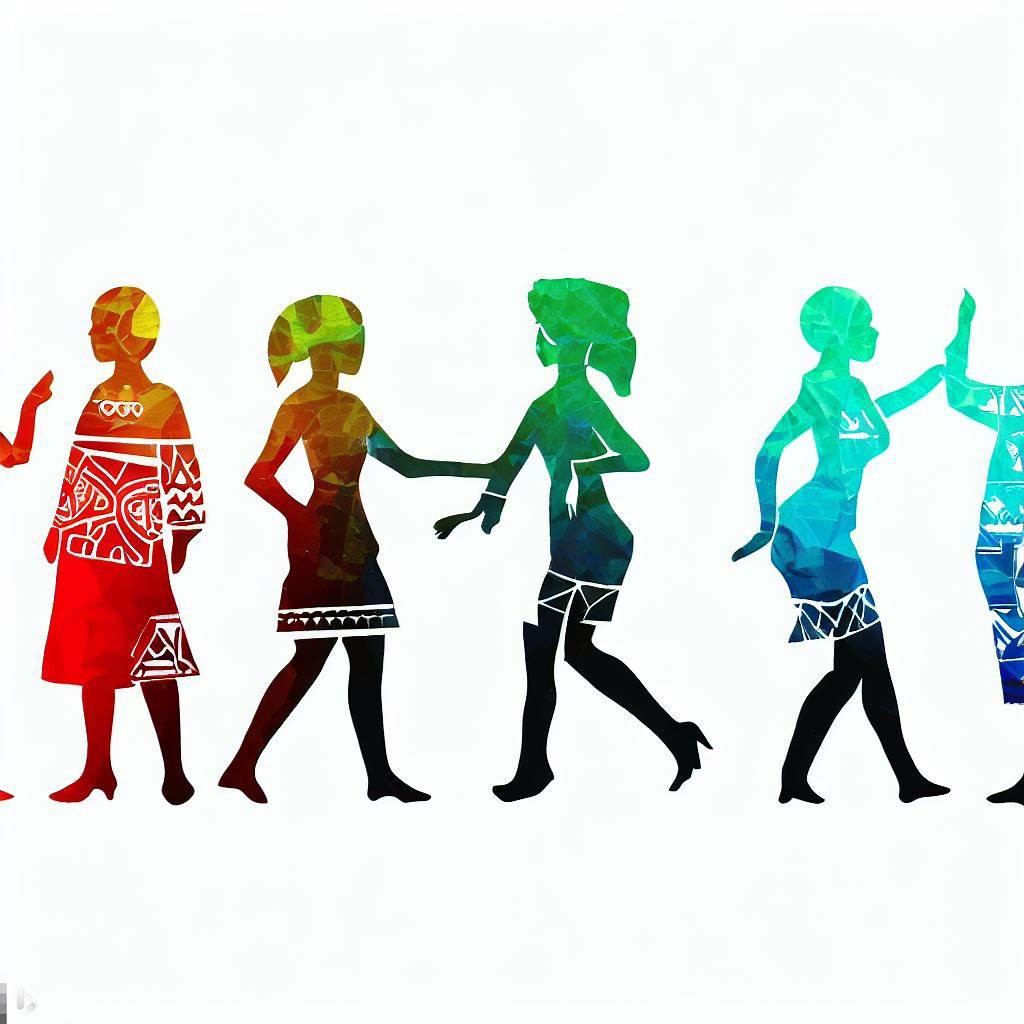Is a fascinating and complex topic, involving many biological, psychological, social and cultural factors. In this article, we will explore some aspects of human behavior, such as its definition, its types, its influences, and its practical applications.
Defining human behavior
Human behavior can be defined as the set of all physical actions and emotions that are associated with an individual or even a social group. In other words, they are our responses to the most varied stimuli in our daily lives, both of internal and external origin.
Human behavior is the object of study of several areas of knowledge, such as psychology, sociology, anthropology, biology, philosophy, and ethics. Each of these fields has a different perspective on what determines human behavior and how it can be modified.
Types of human behavior
There are different ways to classify the types of human behavior, depending on the criteria used. One common way is to divide behavior into four main categories: cognitive, affective, conative, and social.
– Cognitive behavior is that which involves mental processes, such as perception, attention, memory, reasoning, language, and learning. It is the behavior that allows us to acquire, store, and use information about the world.
– Affective behavior is that which involves emotions, feelings, moods, and motivations. It is the behavior that allows us to express and regulate our emotions, as well as react to the emotions of others.
– Conative behavior is behavior that involves voluntary, intentional, and goal-directed actions. It is the behavior that allows us to plan and execute tasks, solve problems, and make decisions.
– Social behavior is behavior that involves interaction with other people or groups. It is the behavior that enables us to communicate, cooperate, compete, influence, and be influenced by others.
Influences on Human Behavior
Human behavior is influenced by a number of internal and external factors, which can act in isolation or in combination. Some of these factors are
– Biological factors: these are those that refer to the genetic, hormonal, neurological and physiological characteristics of the individual. They can affect aspects such as temperament, personality, intelligence, health, and predisposition to certain diseases or disorders.
– Psychological factors: these refer to the personal experiences, cognitive, affective, and conative processes of the individual. They can affect aspects such as self-esteem, self-concept, self-efficacy, beliefs, values, attitudes, and expectations.
– Social factors: these refer to the historical, cultural, economic, and political context in which the individual is inserted. They can affect aspects such as social norms and social roles,
